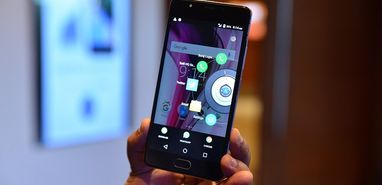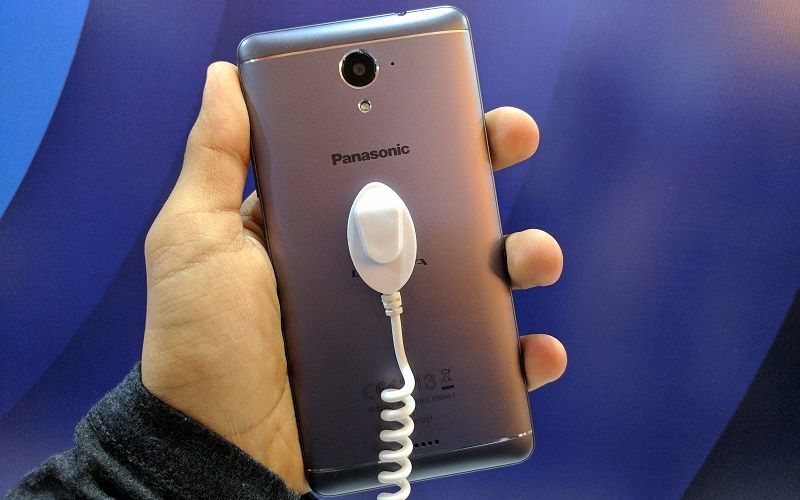
This may seem pretty redundant, if not even flat-out cliche, but who knew that what once was the plot of Sci-Fi would become a reality? It’s a fact, though. Artificial Intelligence technology is taking the world by storm. We all figured that the day would come when normal “mobile phones” would take on more and more autonomous roles in our daily lives. Well, that day is here. Smartphones are evolving into “superphones.” Thanks to the application of AI technology integration into smartphones, these already cool gadgets are beginning to take on a life of their own, so to speak.
While Apple is still developing an AI chip for their flagship product iPhone, their Asian counterparts, including Panasonic’s “ELUGA RAY MAX” series smartphones released in April of this year, are unveiling AI-equipped “superphones.” Apple’s Neural Engine may not make it into its devices this year, reports Bloomberg, but testing is already underway on prototypes.
Finland-based Nokia and South Korean-based LG announced at the Mobile World Congress in Barcelona that their smartphones will be using Google’s Voice Assistant in their up-and-coming models. Google going head-to-head with other big names such as Apple Siri, Microsoft Cortana, and Amazon Alexa, launching it on their Google Pixel and Pixel KL phones. Though still limited, you can expect Google to make some huge strides going to 2018.
An analyst for technology research firm Gartner, Annette Zimmermann, has stated, “Every big company in the sector is investing all their research and development on this.”

While most phones today rely on Cloud to run internal systems, AI developers in the smartphone game are working to create faster processors, allowing smartphones to behave much like a human brain. This will create devices that can better translate words and recognize images, along with actually learning the user’s behavior to handle tasks even when the user isn’t engaged with the device.
So, what is at the top of the game at the moment?
It’s hard to say. Forbes published an article in Feb of this year placing Huawei as a possible top contender in the super fast-evolving world of smartphones. While most smartphone developers are tightly-lipped about their upcoming products, China’s Huawei is quite open and vocal about its aspirations. Their Mate 9 launched in the U.S. earlier this year and was the first to offer Amazon’s Alexa. Yet, they’re focused on their own version of “superphone” that they plan to release in 2020, about a year ahead of schedule.
Over at BMI Research, analyst Dexter Thillian stated, “…smartphones will almost decide before you do. When you go somewhere, it knows where you want to go.” This AI technology will make these choices based on data it collects and stores about the user’s habits.
California-based start-up Neura has developed AI that learns its owner’s daily behavior patterns, taking the phone’s GPS tracker and other aspects of the owner’s actions and combining them with complex algorithms. From the user’s past data, the phone can predict their next move – at least that’s the idea. They even boasted their AI technology could monitor the user’s health and whether he/she is just jogging for a sweat or running to catch a bus.








By Philip Piletic
Updated on 11th August 2022